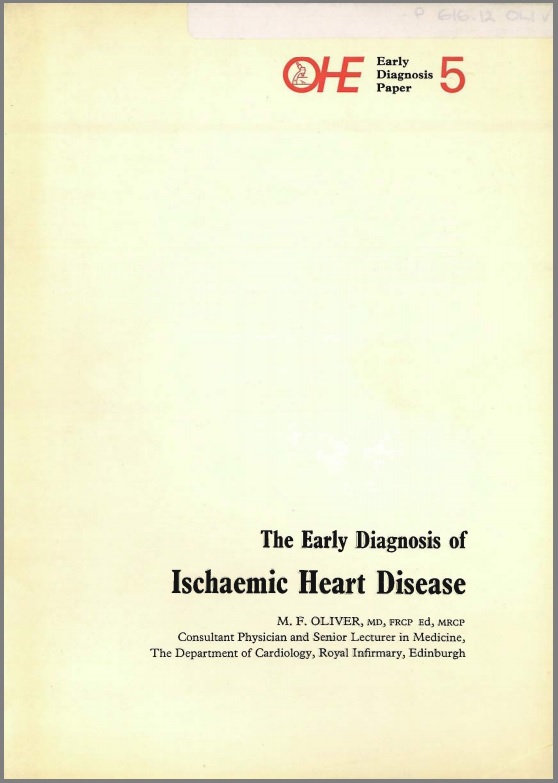Unlocking the Value of Combination Therapies

Deaths from ischaemic heart disease are increasing amongst the early middle-aged in many countries. Over one quarter of all deaths amongst British males under the age of 45 are caused by arteriosclerotic heart disease and there is ample social and economic justification for…
Deaths from ischaemic heart disease are increasing amongst the early middle-aged in many countries. Over one quarter of all deaths amongst British males under the age of 45 are caused by arteriosclerotic heart disease and there is ample social and economic justification for attempting to detect asymptomatic and early disease — but only if effective preventive treatment is available.
While epidemiological studies have shown that it is possible to predict with certainty those groups in the apparently healthy population with an increased risk of developing ischaemic heart disease, in an individual prediction is not synonymous with pre-symptomatic diagnosis.
Screening tests and more complex investigations for the early diagnosis of ischaemic heart disease are outlined; they can be relied upon to identify less than half of those who will develop the disease in the foreseeable future.
These limitations, and the fact that it has not yet been shown that myocardial infarction can be prevented from developing in healthy people or from recurring in patients with pre-existing heart disease, indicate that surveys to uncover occult ischaemic heart disease should be deferred.
Advice should be given, however, to healthy individuals who are anxious about themselves—particularly to siblings of young patients with ischaemic heart disease—and an effort should be made to correct any identified risk factor. The general practitioner is particularly well placed to do this.
Early Diagnosis of Ischaemic Heart Disease
Oliver, M.F.
(1968) Early Diagnosis of Ischaemic Heart Disease. OHE Early Diagnosis Series. Available from https://www.ohe.org/publications/early-diagnosis-ischaemic-heart-disease/